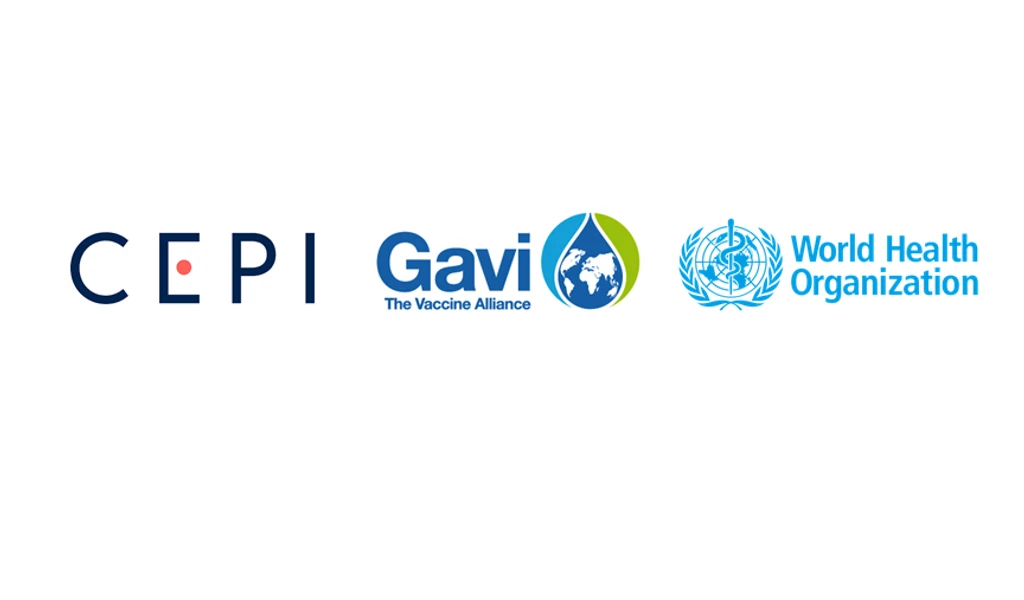The COVID-19 pandemic was one of the most devastating global crises to face our civilization since World War 2. The tragic inequity in access to medical countermeasures that characterized the global response was an inevitable outcome of the fragmented and chaotic global health security system.
The Pandemic Agreement is a once-in-a-generation opportunity to build a safer future for all our nations so it is critical that we do not allow momentum to dissipate. CEPI welcomes the news that WHO Member States will continue to negotiate over the remaining elements and calls on Governments to make every effort to reach an agreement at the earliest possible opportunity.
CEPI calls on all Governments to redouble their efforts to support the following commitments in the negotiation process:
- Sustained preparedness investments in R&D and ensuring that government R&D funding agreements include contractual requirements to support equitable access, such as licensing, affordable pricing, technology transfer, information sharing, and equitable allocation.
- Establishment of a network of partnerships for end-to-end collaboration on medical countermeasures development and response and promotion of strategic investments in economically sustainable, geographically distributed vaccine manufacturing facilities with capability for rapid response.
- Establishment of a multilateral system that supports rapid and efficient sharing of samples and data on pathogens with pandemic potential to expedite R&D for medical countermeasures, at all times, as well as equitable access to the outputs of such R&D. We reiterate that real-time access to 20% of pandemic vaccines should be a minimum requirement for equitable access.
Reaching an agreement that strengthens accountability, transparency and international collaboration is possible. We need an agreement that combats structural inequity and helps drive the system-wide change needed to respond more quickly and more fairly the next time a pandemic strikes.
The world was too slow in its response to COVID-19. This cost the lives of millions of people. We cannot afford to repeat the same mistakes.




